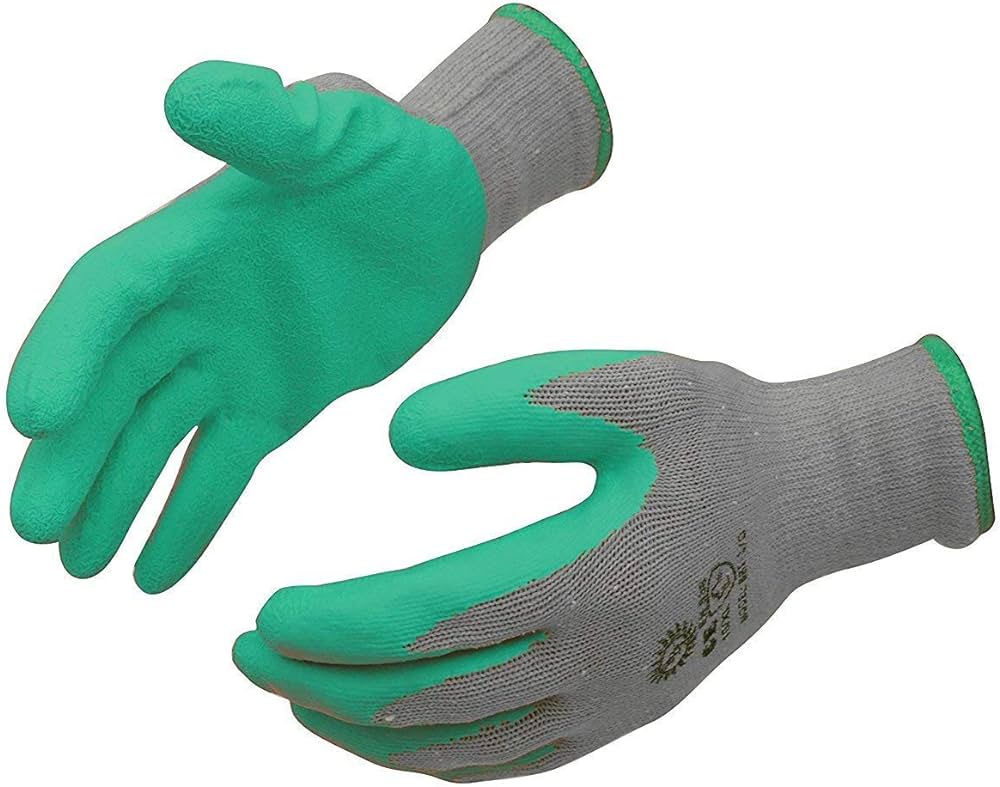Workshop gloves stand as a frontline defense, shielding hands from various hazards and ensuring that tasks are completed with precision and security.
In this article, we explore the multifaceted uses of workshop gloves and why they are an essential accessory for anyone working in a hands-on capacity.
1. Hand Protection Against Mechanical Hazards:
Workshop gloves are designed to safeguard hands from mechanical risks prevalent in workshops.
These risks may include abrasions, cuts, and punctures that can occur during tasks involving tools, machinery, or rough surfaces.
The durable materials used in workshop gloves act as a barrier, minimizing the impact of these hazards and reducing the risk of injuries.
2. Chemical Resistance:
Certain workshops involve the use of chemicals, solvents, and oils. Workshop gloves often feature coatings or materials that provide resistance against these substances, protecting the skin from potential irritants or corrosive materials.
This is particularly crucial in automotive workshops, laboratories, and manufacturing facilities where exposure to various chemicals is common.
3. Heat and Cold Protection:
In environments where temperature extremes are a concern, workshop gloves come in specialized varieties tailored to protect against heat or cold. Heat-resistant gloves shield hands from burns caused by hot surfaces, welding, or soldering activities.
Conversely, cold-resistant gloves provide insulation, preventing frostbite or discomfort when handling cold tools or materials.
4. Electrical Protection:
For those working with electrical components or in areas where there is a risk of electrical shock, electrical-insulating workshop gloves are a necessity.
These gloves are designed to provide an additional layer of protection, reducing the risk of electric shock and ensuring the safety of the wearer when working with live electrical systems.
5. Enhanced Grip and Dexterity:
Workshop gloves are not solely about protection; they also enhance grip and dexterity.
The materials and designs of these gloves are carefully selected to provide a secure grip on tools and objects, allowing for precise and controlled movements.
This is especially important in tasks where a firm hold is essential, such as handling small parts or using power tools.
6. Preventing Contamination:
In industries like healthcare, laboratories, or cleanroom environments, workshop gloves play a crucial role in preventing contamination.
They act as a barrier between the hands of the wearer and sensitive materials, ensuring a sterile and controlled environment. This is essential for maintaining the integrity of experiments, research, or manufacturing processes.
7. Comfort and Longevity:
Modern workshop gloves are designed not only for protection but also for comfort during extended use.
Features such as breathable materials, ergonomic designs, and adjustable closures contribute to a comfortable wearing experience.
Comfortable gloves are more likely to be worn consistently, promoting safety in the workshop.


No comments yet